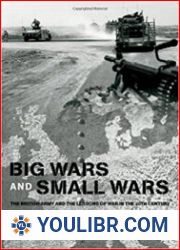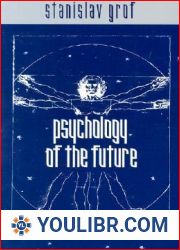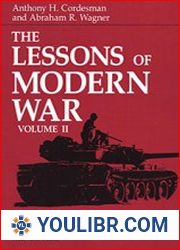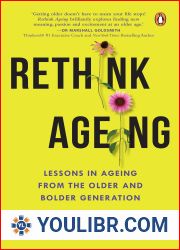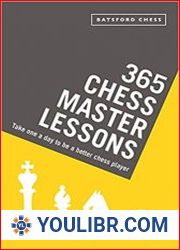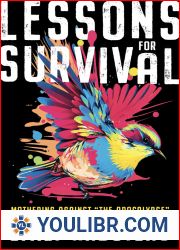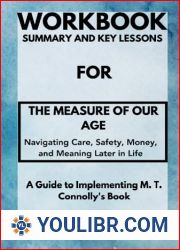
BOOKS - DNA Identification: Lessons Learned from 9-11

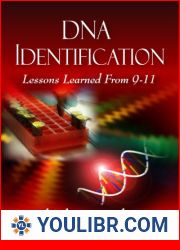
US $6.83

380071

380071
DNA Identification: Lessons Learned from 9-11
Author: Charles B. Perkins
Year: January 1, 2009
Format: PDF
File size: PDF 5.6 MB
Language: English
Year: January 1, 2009
Format: PDF
File size: PDF 5.6 MB
Language: English
On September 11, 2001, 2,792 people were killed in terrorist attacks on the World Trade Center (WTC) in New York City. The number of victims, the condition of their remains, and the duration of the recovery effort made the identification of the victims the most difficult ever undertaken by the forensic community in this country. In response to this need, the National Institute of Justice (NIJ), the research, development, and evaluation agency of the U.S. Department of Justice, brought together a group of experts to provide advice and support throughout the identification effort. Called the Kinship and Data Analysis Panel (KADAP), the group made recommendations on new forensic technologies, tools, policies, and procedures to help identify those who perished in the WTC attack. This book contains the KADAP's 'lessons learned', particularly regarding DNA protocols, laboratory techniques, and statistical approaches, in the DNA identification of WTC victims. It is written primarily for the Nation's forensic laboratory directors and other officials who may be responsible for organising and managing the DNA identification response to a mass fatality incident. This book discusses the incorporation of DNA identification into a mass fatality disaster plan, including how establish laboratory policies and procedures, the creation of sample collection documents; and assess the magnitude of an identification effort, and identify and acquire resources to respond.








